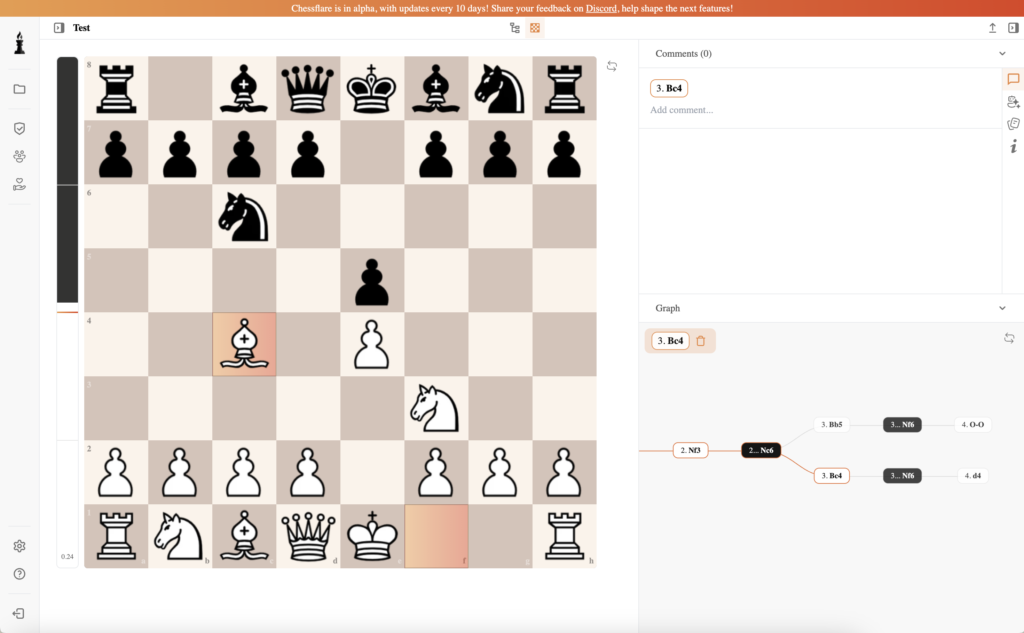A French Champion of the 19th Century
Louis-Charles Mahé de La Bourdonnais was born in 1797 in Réunion (then known as Bourbon Island) and later moved to mainland France. His name became synonymous with the rise of French chess during a period when the game was transforming from a parlor pastime into a more organized competitive activity. By his mid-twenties, La Bourdonnais had gained recognition in Paris for his remarkable skill and quickly established himself as one of the leading players of the era.
Path to Prominence in Paris
La Bourdonnais refined his craft at the Café de la Régence, the premier gathering place for top chess minds in France. The intense matches he played there attracted onlookers who marveled at his deep understanding of openings and middle-game positions. His time at the café was also characterized by a dedication to studying classic endgames, which enhanced the precision of his playing style. This focus on every phase of the game allowed him to seize opportunities that other players overlooked.
Memorable Rivalry with Alexander McDonnell
One of the defining moments in La Bourdonnais’s career was his series of matches against the Irish player Alexander McDonnell in 1834. These contests, held in London, captured international attention and produced some of the most exciting games of the early 19th century. Observers were struck by the energy and stamina both players showed, as they navigated complicated positions without the benefit of modern opening theory or time controls. Although La Bourdonnais emerged with a favorable overall record, McDonnell’s spirited resistance enhanced both players’ reputations and fueled chess rivalry on a global scale.
Playing Style and Innovations
La Bourdonnais was often described as a creative attacker who excelled at generating pressure from seemingly balanced positions. He favored dynamic pawn structures and was not afraid to launch unexpected offensives against the opponent’s king. Contemporary reports also suggest that he was gifted at improvising new ideas during the course of a match. His intuitive approach to strategy contributed to the ongoing evolution of theoretical understanding, especially in open games that emphasized quick piece development and tactical clashes.
Lasting Influence on Chess
La Bourdonnais’s achievements resonated long after his passing in 1840. The dramatic encounters with McDonnell became reference points for future generations studying how to build powerful attacks and navigate complex endgames. His reputation for fearless play earned him respect among chess circles well beyond France, and historians frequently credit him with inspiring new levels of professional competition. Although he faced health and financial difficulties later in life, his legacy endures as an integral chapter in the history of the game.
Conclusion
Louis-Charles Mahé de La Bourdonnais paved the way for an era in which chess transformed into a realm of rigorous study and international rivalry. By combining keen positional judgment with inspired tactics, he influenced how his contemporaries and successors approached the board. His memorable matches and dedication to excellence stand as a testament to a player whose impact transcended the boundaries of 19th-century France.
Louis-Charles Mahé de La Bourdonnais was a French chess master born in 1797 on Réunion. He rose to prominence in Paris, became one of the leading players of the 19th century, and played iconic matches at the Café de la Régence.
Their 1834 series of matches in London captured international attention and produced some of the era’s most celebrated games. The rivalry showcased both players’ talent for creative and strategic play.
He had a flair for dynamic attacks and was adept at improvising in complex positions. His approach emphasized active piece development, tactical ingenuity, and the willingness to seize opportunities.
His matches and theoretical ideas contributed to a deeper understanding of openings, middlegames, and endgames. Future generations studied his games as examples of aggressive yet positionally sound play, helping elevate chess competition worldwide.

